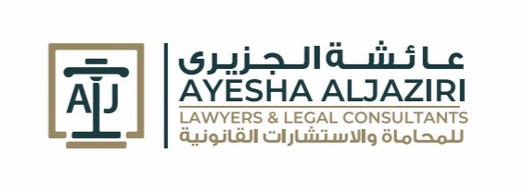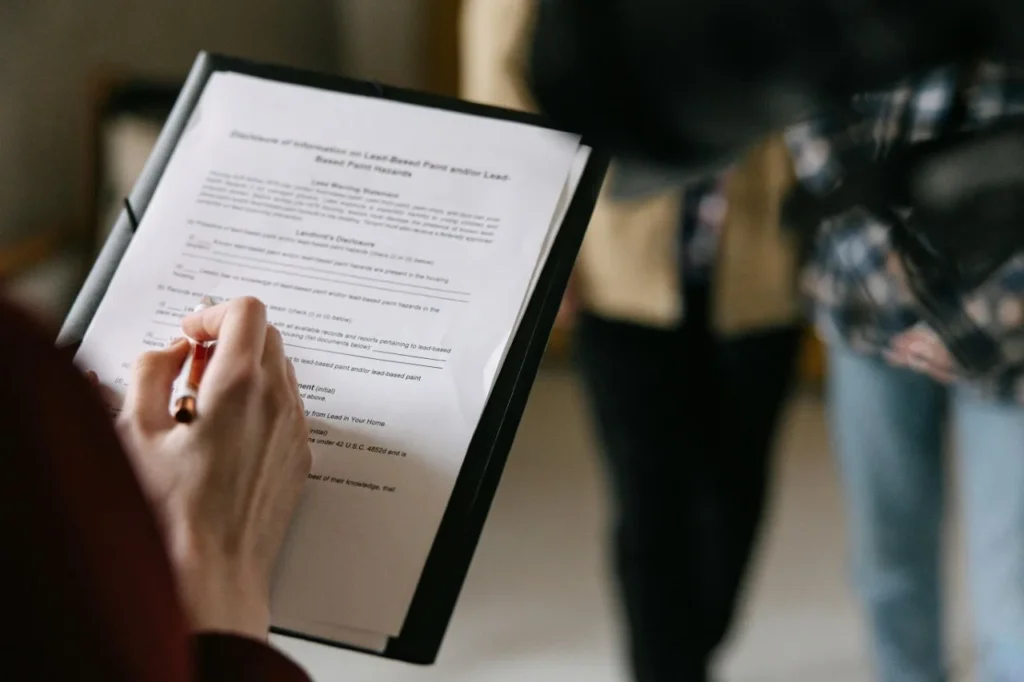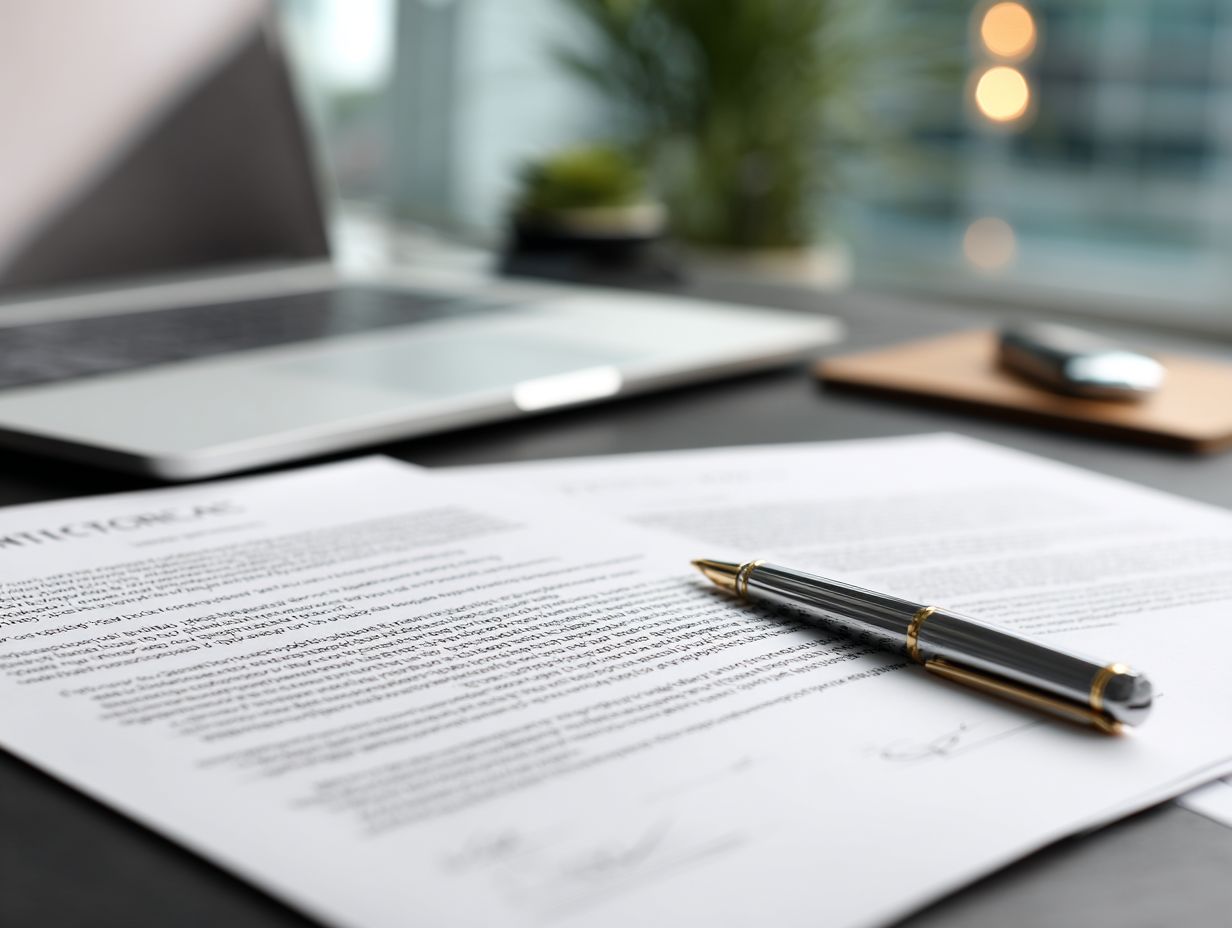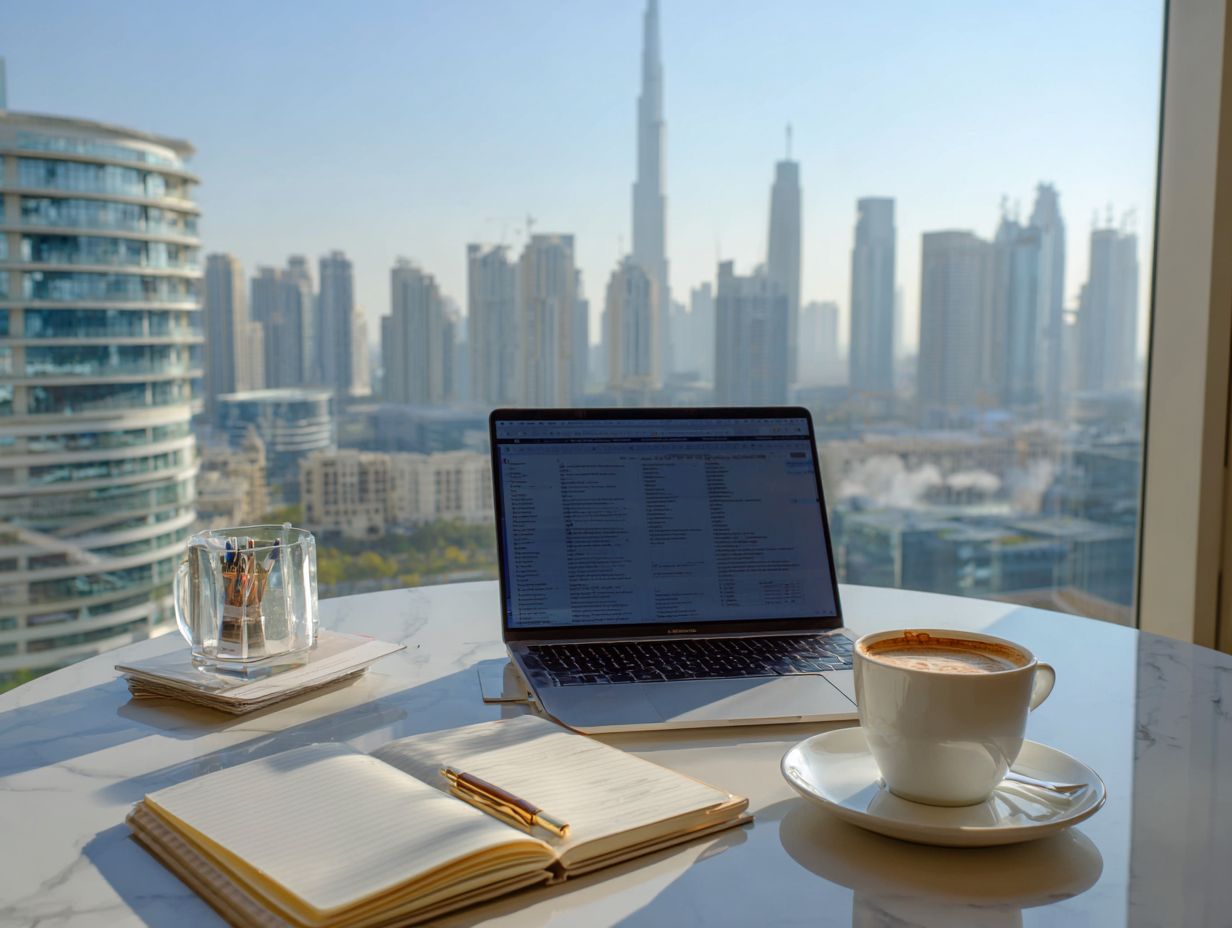Dubai’s real estate market has become a global magnet for expat buyers, offering everything from waterfront apartments to luxury villas. With no property tax, strong rental yields, and a safe investment environment, it is easy to see why so many choose to buy here.
But for expats, purchasing property in Dubai involves specific legal procedures and eligibility rules that are important to understand from the start.
This guide breaks down the key steps and requirements, helping you approach your first property purchase in Dubai with clarity and confidence.
Understanding If You’re Eligible To Buy Property In Dubai
Dubai welcomes foreign investment in real estate, but there are clear rules around where expats can buy. Non-UAE nationals are only allowed to purchase property in designated freehold areas.
These include some of the city’s most popular and well-developed locations, such as Dubai Marina, Downtown Dubai, Business Bay, Palm Jumeirah, Jumeirah Village Circle, and Arabian Ranches, among others.
Freehold ownership gives expats full rights over the property, meaning you can sell, lease, or inherit it without restriction. Properties available include apartments, villas, and townhouses, depending on the community.
You do not need to be a UAE resident to buy property in these areas. However, you must have a valid passport and be able to provide proof of funds or financing.
Before moving forward, it is essential to confirm that the property you are interested in is located within an area approved for foreign ownership. This ensures legal compliance and avoids complications later in the process.
Start With a Legal Consultation
Before paying or signing, consult a property lawyer or real estate lawyer. They’ll explain legal steps, risks, and requirements. This protects you from mistakes often made when rushing into deals without proper guidance.
The risks of buying property in Dubai without legal advice are real. Some buyers rush into agreements that include hidden fees, unclear clauses, or false promises. A good lawyer helps you avoid all of that.
Know What Documents You Need
Buying property in Dubai starts with having the right documents in place. For most purchases, you will need a clear copy of your passport and, if you are a resident, a copy of your valid UAE residence visa and Emirates ID.
While residency is not required to buy property, it may be needed for financing or if you plan to apply for a property-linked visa later. Developers, agents, or banks may also request proof of income, recent bank statements, and a No Objection Certificate (NOC) from your employer or sponsor, especially if you are seeking a mortgage.
If you are buying off-plan property, meaning it is still under construction, you will need to sign a reservation or booking form, followed by a Sales and Purchase Agreement (SPA) that outlines the payment plan and project timeline.
Every document you sign should be reviewed by a real estate attorney who is familiar with Dubai real estate laws. This ensures you understand your rights, payment obligations, and any potential risks before moving forward.
Understand the Sales and Purchase Agreement
This agreement is the main contract between the buyer and seller. It includes the property details, total price, payment timeline, and handover date. Once signed, it’s legally binding. But here’s where it gets tricky.
Many expats don’t understand the fine print. A lawyer will make sure the agreement is fair, and all important details are included. If not, you could be stuck with unexpected conditions or delays. The risks of buying property in Dubai without reading this contract properly can be serious.
Check Developer or Seller Background
Make sure the developer or seller is approved by the Dubai Land Department. Check if there are any past complaints, delays in handover, or legal cases. You can ask your lawyer to verify this.
If you’re buying a property in Dubai directly from the secondary market, check the title deed and whether the seller actually owns the home. Don’t just take their word for it. Again, this is where legal support becomes crucial.
Register the Property the Right Way
Once the agreement is signed and payments begin, your next step is registering the property with the Dubai Land Department. This makes your ownership official. You’ll receive a title deed in your name.
If you are purchasing a ready property and plan to rent it out, you will also need to register a tenancy contract through the Ejari system. Ejari is Dubai’s official rental registration platform and is required for leasing your property legally.
This step also involves the fees for buying property in Dubai, which include registration fees (usually 4% of the property price), admin charges, and agent fees. All of this needs to be budgeted in advance.
Consider Financing if Needed
If you plan to get a mortgage, know that rules apply. Not all banks lend to non-residents. Some will require a down payment of at least 20-25%. You’ll also need to provide income proof, credit reports, and other documents.
Getting legal help during this part of the process can protect you from terms that might not be in your best interest. The risks of buying property in Dubai increase when financial details aren’t fully understood.
Don’t Skip the Handover Inspection
Once your property is ready, you’ll do a handover inspection. This is when you check the condition of the property. Look for issues like paint defects, plumbing leaks, or appliance faults.
Get everything documented and signed before accepting the handover. A lawyer can guide you on what to look out for and how to report issues. This is especially important when buying a property in Dubai that is newly built or bought off-plan.
Plan for Additional Costs
Many expats forget about extra costs. These can include service charges, maintenance fees, and yearly taxes. Knowing about these in advance helps you plan better and avoid surprises.
It’s part of the full process of buying property in Dubai. Skipping these details can hurt your long-term budget. Discuss these with your lawyer to make sure you’re fully informed.
Weigh the Pros and Cons
Before you finalize anything, take a moment to think about the big picture. The benefits of buying property in Dubai include strong rental returns, no property tax, and a safe investment market. But there are also risks.
Ask yourself, is it worth buying property in Dubai right now? This depends on your goals, whether it’s for personal use, renting out, or flipping. A lawyer can help you understand buying property in Dubai pros and cons.
Get Help With Off-Plan Deals
Off-plan properties are homes that are still under construction. These are often cheaper and have flexible payment options. However, they also carry more risk.
The buying off plan property in Dubai process can be tricky. Delays in handover, quality issues, or even project cancellations are possible. This is where legal guidance becomes even more important. Make sure all contracts are reviewed before paying anything.

Conclusion
Buying a property in Dubai is exciting for expats, but legal steps matter. A lawyer ensures a smooth process and protects your investment. Ayesha Al Jaziri Lawyers can guide you every step of the way.
Contact us promptly at +971 5594 83605 or info@aljaziriadvocates.com. Visit our office at Control Tower, 31st Floor, Motor City, Dubai for legal support.








